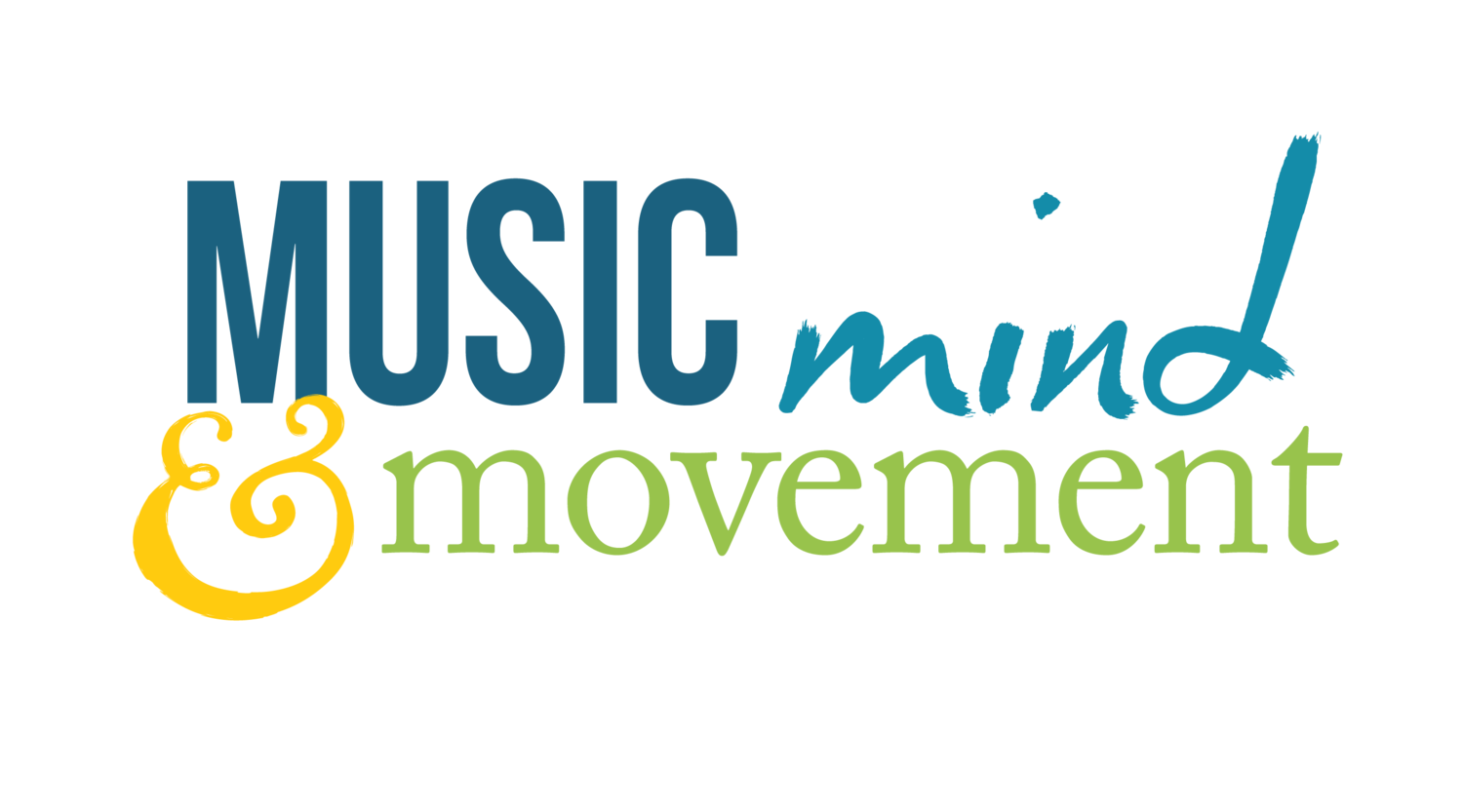The way our autonomic nervous systems assesses and respond to threat vs safety is highly individual and is conditioned by many factors including genetics, family dynamics, trauma history, experiences in educational systems, overall physical and mental health, social supports, etc., etc., etc. Another way of saying this is: Situations and events are not in themselves stressful (or not) or relaxing (or not); they are not threatening (or not) or safe (or not). It is the nervous system’s response to a situation or event that determines whether it is experienced as stressful, exciting, enlivening, relaxing, threatening, etc. One of the cool things about working with the nervous system is that we can learn to sense and, with practice, shift which how our own unique systems respond to experience. We can learn to give ourselves the support we need — and to be skilful about seeking support from others — to excel and meet our goals.
All tagged self-regulation
Interoception, Resilience, and the Window of Tolerance
I use a Window of Tolerance model as a framework for understanding self-regulation. The term “Window of Tolerance” was coined by Dan Siegel (Siegel, 1999) to describe the zone of arousal in which we can handle stressors with relative ease and resilience. When we are operating within our window, it’s not that we don’t experience stress or elevated arousal but that, when we do, we have a feeling of “I’ve got this.” We are able to mobilize the energy and focus we need to complete the task or deal with the stressor in front of us — whether that’s giving a recital performance or simply working through a tough passage in a piece — and then quickly and smoothly return to a state of ease and equilibrium.
Tuning In
The ability to sense our internal experience in an embodied way -- as opposed to thinking about our experience in a conceptual way -- is an important first step in learning to regulate our nervous systems for optimal learning and confident performing. We can't regulate what we can't feel.
More than that, though, if we can learn to sense (and therefore respond to) the subtle signals our bodies are sending us all the time we are less likely to get hijacked by overwhelm.



